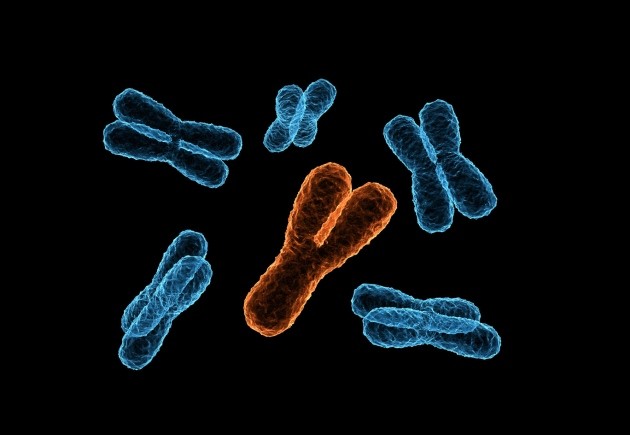The potential extinction of the Y chromosome, responsible for human male development, sparks scientific curiosity and speculation about the future of human evolution, Metro reported.
While the Y chromosome has a critical role in initiating male development, carrying around 55 genes compared to the X chromosome’s 900, scientists note a concerning trend – it’s shrinking.
Professor Jenny Graves draws parallels with the platypus, highlighting the Y chromosome’s evolution over 166 million years, losing active genes at a rate of about five genes per million years.
At this pace, it could vanish entirely in 11 million years. Though not an immediate crisis, the debate over the Y chromosome’s lifespan ranges from a few thousand years to infinity.
Examining instances in the rodent family, where two branches lost the Y chromosome, researchers found solutions for sex determination. Mole voles in Eastern Europe and spiny rats in Japan adapted with alternative sex-determining genes, showcasing the potential for species to evolve without the Y chromosome.
In the context of human evolution, the possibility of evolving a new sex-determining gene brings both excitement and challenges.
Professor Graves raises questions about the risks involved, such as the potential emergence of different sex-determination systems leading to the separation of the human species.
The speculation prompts considerations about the future landscape of human evolution, acknowledging the uncertainties and possibilities that lie ahead, including the potential impact on globalised and interconnected human populations.
The evolving role of the Y chromosome sparks reflections on the trajectory of human genetics and the intriguing prospect of a new chapter in sex determination.

